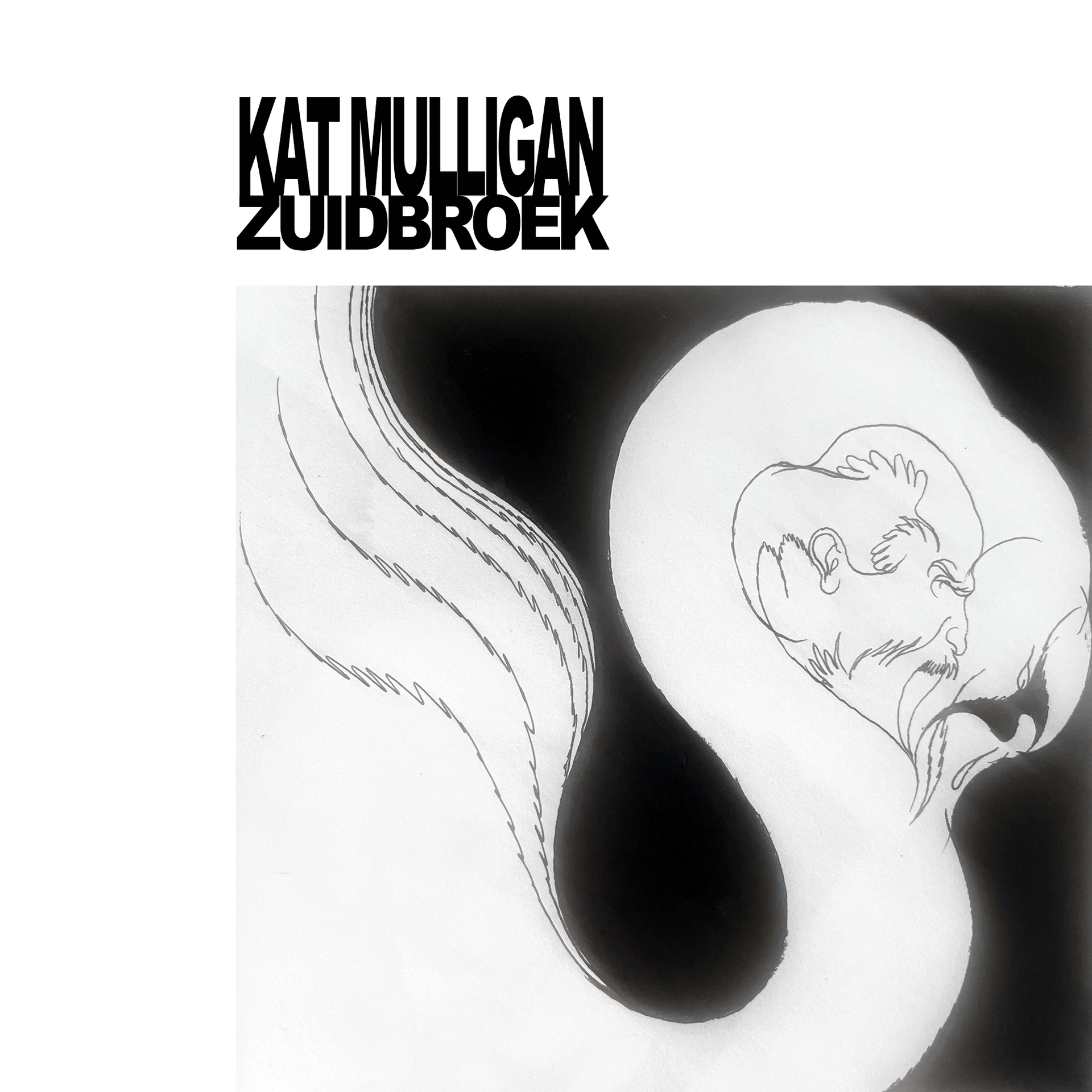ZUIDBROEK
He was crucified on the Lenin statue in Zuidbroek.
I rushed from Amsterdam when the news declared it, cold as anemia, and left his body to sag on thousands of VCRs. I packed nothing but a gum wrapper in my haste, and when I arrived in Zuidbroek, there he faithfully was—stretched across Volodya’s saluting arm, his palms good for nothing but nails.
The scene was taped off, confining his crimson leakage on the grass below—he had been dripping like an IV, rather persistently. The police swarmed, flanked by a few bored handhaving officers, who ensured that no one would haul him away until the photos were perfect.
And what a glorious day it was for photography, with sunset gestating in the heavy paunch of the sky, with rural darkness following on its heels. He had been dead for nearly an entire daytime.
Just last night Willem had been in Amsterdam, hands immaculate though flickering about like shutters in a storm. He demanded I light all my candles, said, “Jelle, they’re after me,” and flung my window open into November.
Willem was perched on the sill, biting his nails with the few moments of stillness his hands could spare, and I, irreverently sideways, had told him, “You’re no national poet, friend.”
Somehow the trains ran late enough, even out of the Randstad. Willem was dead in the North by the time I had wiped the morning spittle from my mouth.
“He wasn’t even a communist,” I told Hanneke that evening once she, faced with her duty of tragedy and twiddling her straw, stopped making eyes at the Cafe Luxembourg waiter. “Or a staunch capitalist. No, he was more like a receipt that you chase down the sidewalk as your pants are falling down. And deceptively good at algebra.”
“Vogelvrij,” Hanneke hummed in agreement. “Imaginative.”
“With a low pain tolerance, which worsens things tenfold.”
My friend Willem had plenty of gifts, plenty of reasons to mourn him, and the good sense to die in the winter.
“The American who’s in love with you,” I had once told him, “says you have Delft blue eyes.”
That remark alone could have killed him, but in the end it was the stomach wound, according to the autopsy. He burnt out faster than Jesus, and I wore black for five times as long as the Triduum.
I considered phoning my parents in Nieuwegein but went out and spent money instead. My laundry machine broke during my mourning period, so as if on a pilgrimage I took my funeral black a long way to a laundromat in De Pijp, and when my clothes were clean I took them right back and changed my socks as a palate cleanser.
The police came calling of course, but I had little wisdom to offer. Why Willem was targeted I had no idea—he was no national poet after all. In his manuscripts they found but chintz and dead ends.
“He was loved by many, which gave him persecution mania,” I supplied, tantalizingly, off book.
Then I walked into the street, where tulip bulbs sulked in their stands. I met Hanneke at the gates of the Vondelpark and told her, “They took Willem down but left his bloodstains on Lenin as a kind of memorial.”
“Do you think Lenin feels upstaged?” she asked, naive and strolling. “And lonely in that wide, open field?”
“No, I think he likes memorial mises en abyme—and it’s his feelings they were considering when they made the stain red.”
A swan drifted over the pond like dust over a pupil. A mother pushed her child in a pram. In the sky, coagulations.
“You know, I’ll always remember Willem, too.”
One summer, so early that the Italians had not yet taken leave of their native hills, so balmy that for once the rain learned mercy, Willem and I left our paychecks at the hatmaker’s shop and took to the streets with matching tophats balanced above our brows, chanting all the Latin we had bothered to retain from our gymnasium days, disturbing the world’s Saturdays. Then we collapsed into chairs at Cafe Americain and impersonated the French.
“And why crucifixion?” everyone was asking, to which I nodded solemnly like a wise man.
I began collecting newspapers in case I ever adopted a puppy in need of potty training. Gradually I took less milk in my coffee, and learned the names of old men in the Leidseplein. I voted in an election, and sometimes twilight only came once you remembered it was waiting outside for you, tapping its umbrella against its shoe.
I was born in December, and celebrated. I was troubled but had no space in my apartment to throw a tantrum, had no girlfriend to yell at and send into the midnight wilderness of the Utrechtsestraat where tourists and perverts were famous for trysting. I had only my twin bed and my untouched hairline and my memory—and the police had left me Willem’s manuscripts too, in which there was only chintz and untethered ideology.
“You see,” I, on the party’s most velvet couch, told Hanneke, her tongue plunged into the Cafe Luxembourg waiter’s plump and drooping mouth, “I think Zuidbroek wanted tourist money just like our old Amsterdam has.”
Hanneke’s head moved up and down against the waiter’s mouth in something like a nod. I was glad for the condensation on the windows, that in this warmth I could have sweat through my shirt.
“They say the quickest way is dehydration, as I’m sure you know.”
A dozen people were dancing to Coltrane.
Illustration by Ramona Rowan.

